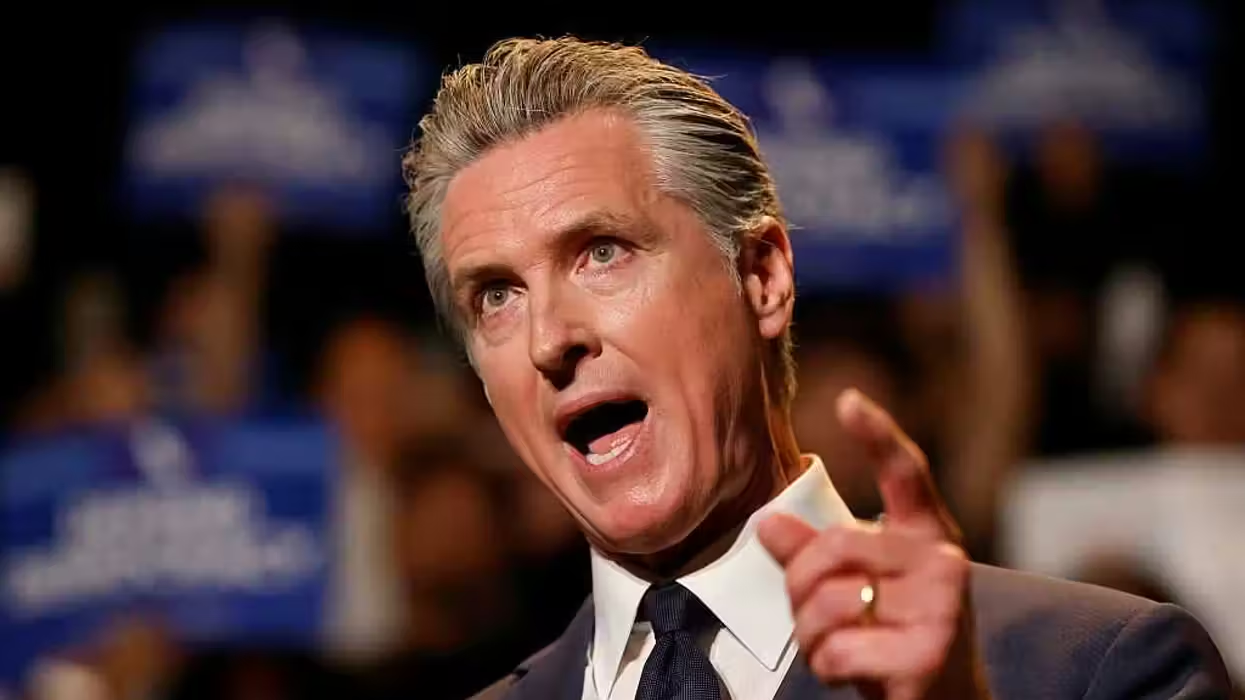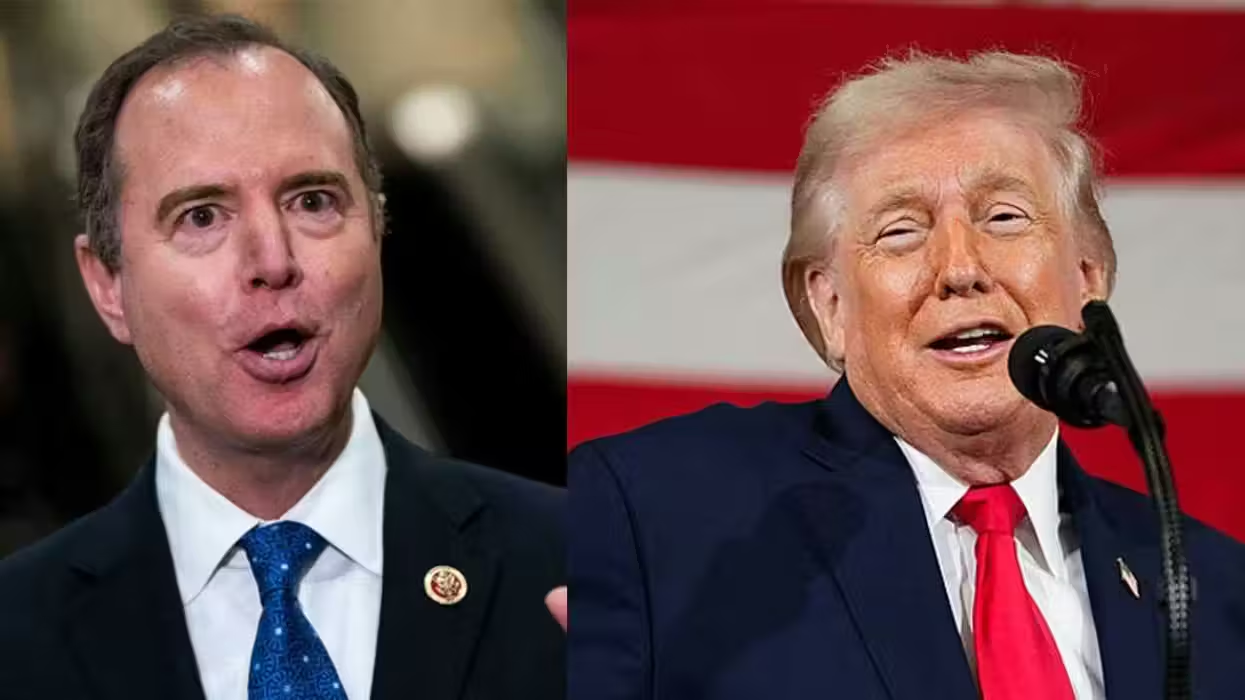Most doctors at Veterans Affairs hospitals won't prescribe medical marijuana to patients, but that could change if Congress passes a bipartisan bill that was introduced earlier this year.
The bill would call for the VA to conduct studies around safety and efficacy of medicinal marijuana for chronic pain and post-traumatic stress disorder.
But while H.R. 5520 works its way through the process, many veterans have been self-prescribing the drug for varying medical purposes.
What happens if the bill passes?
Should the bill pass, and the research proves the drug's benefits, doctors at VA hospitals and clinics could eventually start prescribing cannabis to their patients.
“I talk to so many vets who claim they get benefits, but we need research,” Rep. Tim Walz (D-Minn.) told The New York Times. Walz introduced the bill along with Rep. Phil Roe (R-Tenn.), who is a physician.
“You may be a big advocate of medical marijuana, you may feel it has no value,” Walz said. “Either way, you should want the evidence to prove it, and there is no better system to do that research than the VA.”
Why hasn't the VA researched it?
Research has been limited because marijuana is classified as a Schedule 1 drug and illegal under federal law.
“We have a disconnect in care,” psychologist Marcel Bonn-Miller told the Times. “The VA has funded lots of marijuana studies, but not of therapeutic potential. All the work has been related to problems of use.”
Bonn-Miller teaches at the University of Pennsylvania medical school and has worked at the VA hospital in Palo Alto, California.
If the bill passes, it would still require approval from five separate agencies to move forward with studies to prove the drug's efficacy.
“The opportunities for VA to conduct marijuana research are limited because of the restrictions imposed by federal law,” VA spokesman Curt Cashour said. “If Congress wants to facilitate more federal research into Schedule 1 controlled substances such as marijuana, it can always choose to eliminate these restrictions.”
Some doctors believe cannabis could be an alternative to prescribing opioids for chronic pain.
“As a physician, I am keenly aware of the need to look for opioid alternatives to treat patients’ chronic pain,” Roe told Connecting Vets earlier this year. “Since serving as Chairman of the House Committee on Veterans Affairs, I’ve heard from many veterans, both with physical and invisible wounds, who believe medical cannabis could benefit them. This is why I support the department researching cannabis just like any other drug to see if this alternative therapy would truly benefit patients.”
Are there risks in using cannabis without a doctor's advice?
Many veterans have reported using cannabis without the government's approval, according to a 2017 department survey. Nearly half said they used it for medical reasons.
But cannabis use doesn't come without risks.
- Cannabis can be contraindicated with some prescription medications.
- There's a risk of dependency and abuse among frequent users.
- Concentrated cannabis inhaled as vapor can compound negative interactions with prescription drugs as well as dependency and abuse.
- NIH studies have shown a positive association for anxiety disorders among marijuana users. In other words, cannabis use can promote anxiety disorders.
- Seeking online advice leads to false claims and misguided advice.
The drug's therapeutic value for treating chronic pain, PTSD, and other ailments is still unclear, although the National Institutes of Health has found some benefits of cannabis and its components such as CBD oil, which can be found in Hemp, as well. Hemp does not contain THC.
“CBD may be of huge benefit, THC may be of huge benefit, but there are also risks of abuse and bad outcomes,” said Bonn-Miller, who is conducting several cannabis studies without financial backing from the department. “We’d like to know more, so we can figure out what works and what doesn’t.”







